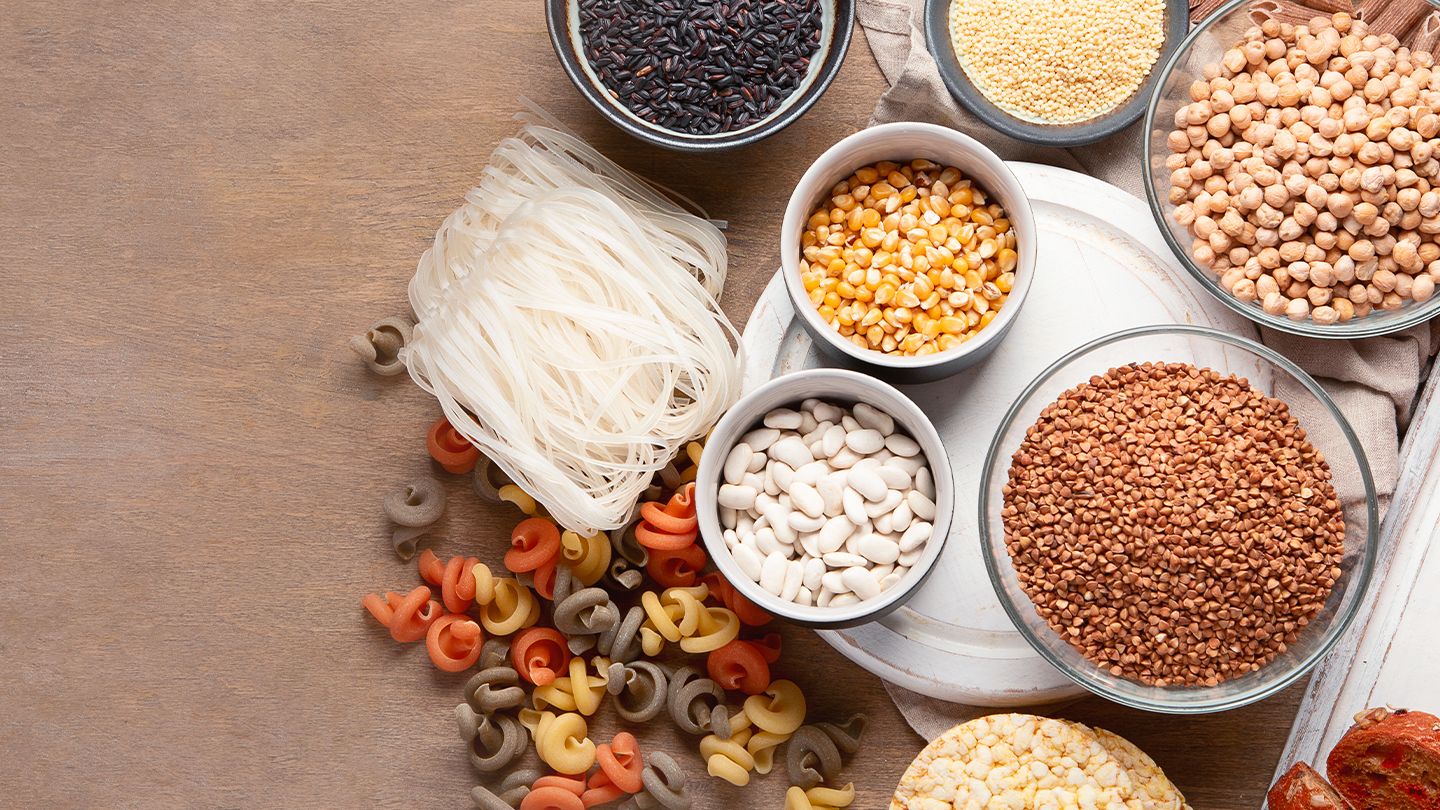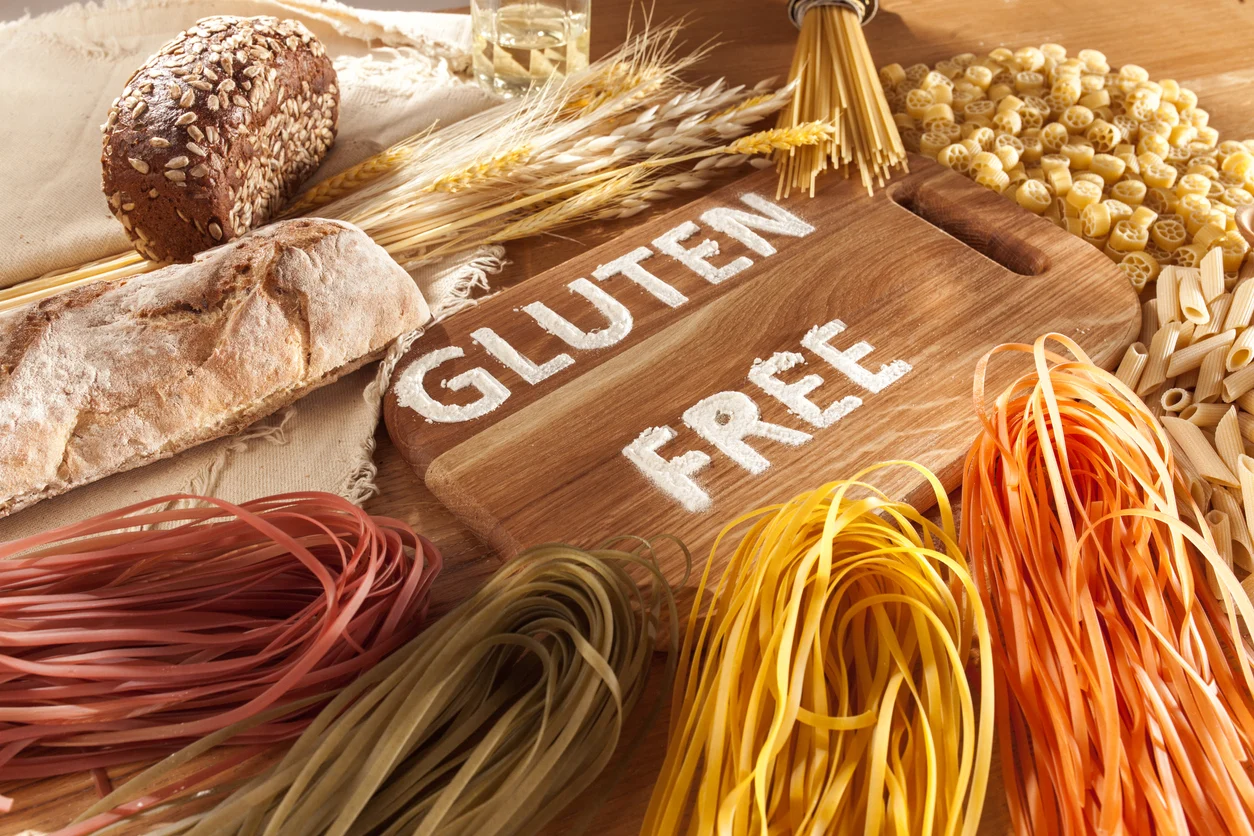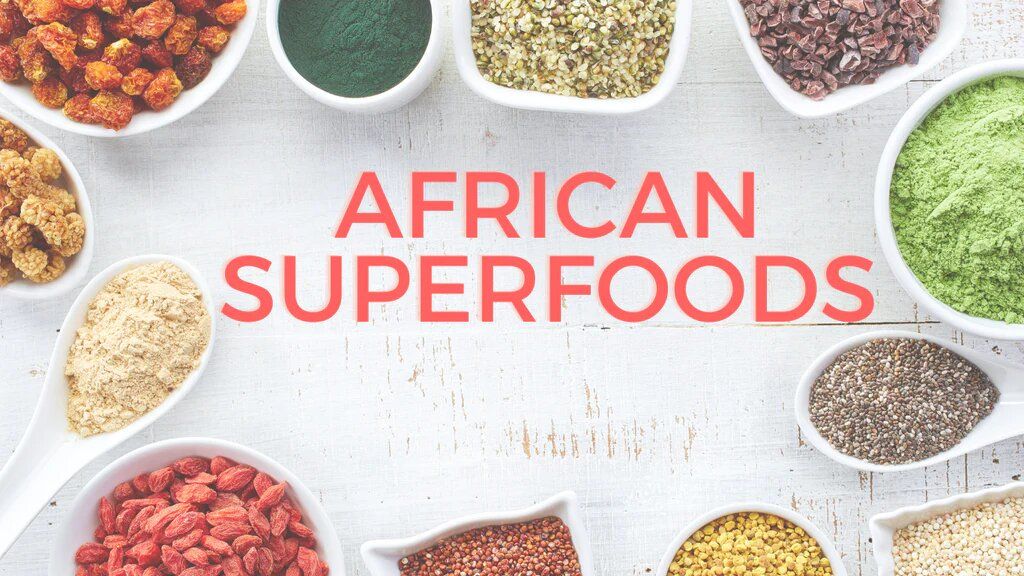The Gluten-Free Revolution: How 80% of Celiac Sufferers Improved Their Health in Just 3 Weeks!
The journey towards better health for those with celiac disease has seen a revolutionary shift with the adoption of a gluten-free lifestyle. This transformative approach has not only provided relief but has also opened up a new world of dietary possibilities. Here we delve into the remarkable ways in which 80% of celiac sufferers have seen significant health improvements within just three weeks of making dietary changes. This article sheds light on the importance of evidence-based approaches to celiac care and offers practical advice for embracing a gluten-free lifestyle.
1. Understanding Celiac Disease and Its Impact
Celiac disease is an autoimmune disorder where the ingestion of gluten leads to damage in the small intestine. Symptoms range from gastrointestinal discomfort to more severe health complications if left unmanaged. The key to controlling this condition lies in a strict gluten-free diet a challenge that has been embraced with open arms by many seeking relief and better health.
2. The Immediate Benefits of Going Gluten-Free
For individuals with celiac disease the removal of gluten from their diet can lead to an immediate reduction in symptoms such as bloating diarrhea and abdominal pain. Within just a few days many report feeling more energetic and less fatigued indicating the rapid impact dietary changes can have on one's health.
3. The Psychological Upside
The transition to a gluten-free lifestyle is not just beneficial for physical health; it also has a positive effect on mental well-being. The reduction in symptoms often leads to improved mood and a decrease in anxiety and depressive symptoms related to living with a chronic health condition.

4. Nutritional Considerations and Adjustments
Adopting a gluten-free diet requires careful consideration of nutritional needs. It involves more than just avoiding gluten; it's about finding balanced nutrient-rich alternatives to ensure overall health. Many find that focusing on whole foods like fruits vegetables lean proteins and gluten-free grains leads to an improved nutritional profile and better health outcomes.
5. The Role of Support and Education
The success in managing celiac disease through a gluten-free diet is also attributed to increased support and education. Community support groups along with resources from healthcare providers play a crucial role in helping individuals navigate the challenges of dietary restrictions and in making informed food choices.
6. Success Stories and Empirical Evidence
The evidence supporting the effectiveness of a gluten-free diet in managing celiac disease is compelling. Research and real-life success stories highlight significant improvements in health markers and quality of life for those who adhere strictly to the diet. This collective evidence serves as a powerful motivator for those newly diagnosed or struggling to manage their condition.
Best Dietary Precautions Suggested For Celiac Disease Management!
Managing celiac disease effectively requires meticulous attention to diet ensuring that all traces of gluten are avoided to prevent the autoimmune response that damages the small intestine. Here are detailed dietary precautions that can aid in the effective management of celiac disease:
- Eliminate All Sources of Gluten: The cornerstone of celiac disease management is the complete elimination of gluten which is found in wheat barley rye and derivatives such as triticale. This includes avoiding obvious foods like bread pasta cakes and beer as well as less obvious sources like certain soups sauces and processed foods.
- Beware of Cross-Contamination: Even minute traces of gluten can trigger symptoms so it's crucial to avoid cross-contamination. This includes using separate cooking and food-preparation surfaces utensils and storage containers for gluten-free foods. When dining out communicate your needs clearly to ensure that the kitchen is aware of cross-contamination risks.
- Read Food Labels Religiously: Food labeling can be a lifeline for those with celiac disease. Look for products labeled as “gluten-free” but also read the ingredients list carefully for hidden sources of gluten. Be aware of terms like "malt" (which is derived from barley) and "hydrolyzed vegetable protein" (which can contain wheat).

- Embrace Whole Naturally Gluten-Free Foods: Base your diet on foods that are naturally gluten-free such as fruits vegetables meat poultry fish beans legumes and most dairy products. These foods provide essential nutrients without the risk of gluten exposure.
- Explore Gluten-Free Grains and Flours: Many grains and flours do not contain gluten and are safe for people with celiac disease. These include quinoa rice corn tapioca millet amaranth buckwheat and sorghum. Gluten-free pasta bread and baked goods made from these ingredients can be incorporated into the diet.
- Be Cautious with Oats: While oats are naturally gluten-free they are often contaminated with wheat during growing harvesting or processing. Only consume oats that are specifically labeled as gluten-free and have been processed in a gluten-free facility.
- Avoid Processed Foods Unless Labeled Gluten-Free: Processed foods can be a minefield for hidden gluten. Unless a processed food item is clearly labeled as gluten-free it's best to avoid it due to the risk of containing gluten or being contaminated with it during production.
- Watch Out for Non-Food Sources of Gluten: Gluten can also be found in non-food items such as medications vitamins lip balms and toothpaste. Always check the labels and consult with pharmacists or other healthcare providers to ensure these products are gluten-free.
- Consider Supplements Carefully: Nutritional deficiencies are common in newly diagnosed celiac patients due to damage to the small intestine. Work with a healthcare provider to identify any deficiencies and to determine if gluten-free supplements are needed to maintain optimal health.
- Collaborate with a Dietitian: Navigating a gluten-free diet can be challenging especially in the beginning. A dietitian specialized in celiac disease can provide personalized advice help design a balanced gluten-free diet and offer strategies to avoid cross-contamination.
Following these precautions can help individuals with celiac disease manage their condition effectively minimize symptoms and promote intestinal healing. It's about making informed choices and taking control of your health through careful dietary management.
Conclusion
The gluten-free revolution has proven to be a beacon of hope for those suffering from celiac disease offering a pathway to improved health and well-being. By understanding the condition embracing the dietary changes required and leveraging support and education 80% of celiac sufferers have experienced dramatic health improvements in as little as three weeks. The journey toward managing celiac disease is a testament to the power of dietary intervention and the resilience of those who have embraced these changes. With the right precautions and a commitment to a gluten-free lifestyle the possibilities for health and healing are boundless. As we continue to uncover the benefits of gluten-free living for celiac disease management let this revolution serve as an inspiration for all seeking to overcome the challenges of this condition.






